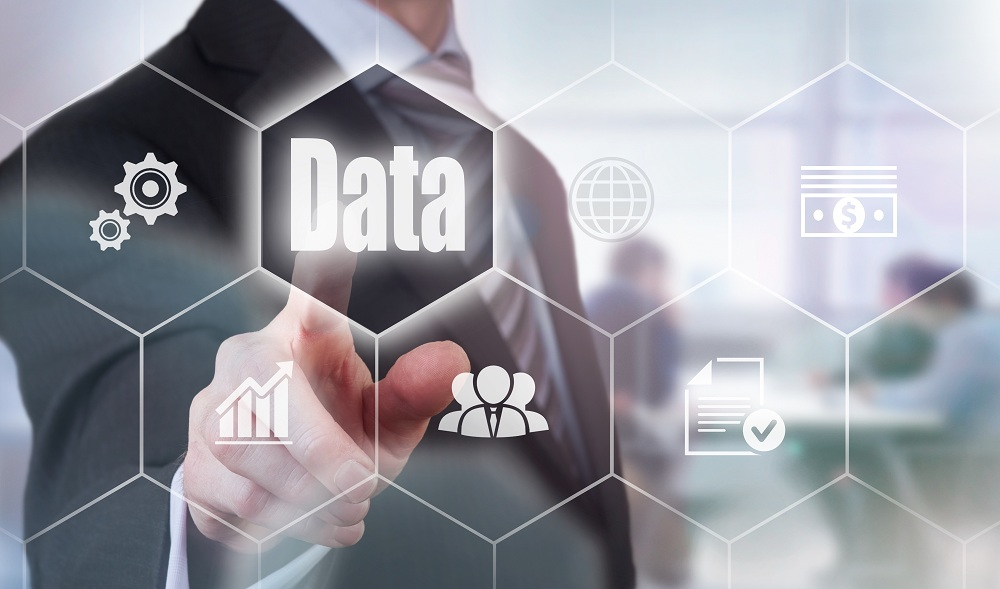摘要: From the Cambridge Analytica scandal to GDPR and data breach headlines, the idea that consumers should know how their data is used is gaining traction with governments and consumer groups. What does this trend mean for companies that rely on consumer data for their business model?

Right now, consumer data is the fuel that powers the information economy. Online banking, shopping and other services use personal data to authenticate customer identities and prevent fraud. Many companies use personal data to target ads to their audience, find prospective hires and more. These functions offer safety or convenience benefits to consumers. Without personal data, mobile banking wouldn’t be possible, and online advertising would be random and unhelpful. But handling personal data is a big responsibility. And over the past couple of years, there’s been story after story in the media of consumer data being stolen, mishandled or used in ways that consumers didn’t realize they’d agreed to.
RISING CONCERN OVER HOW CONSUMER DATA IS COLLECTED, STORED AND USED
Data breaches are so common that a quick search turns up breaches at city transit services, health care systems, universities, federal agencies and the entire nation of Ecuador, just in the past couple of weeks. The website haveibeenpwned.com has identified more than 8.4 billion accounts that have been compromised by data breaches, and that number is always rising. These breaches can lead to identity theft, credit card fraud, account takeovers and a slew of other negative consequences for victims.
Even if consumer data isn’t stolen, it’s sometimes used in ways that consumers don’t approve of. The biggest example is the Cambridge Analytica scandal, in which that company used Facebook data to build psychological profiles of US voters to target some of them with political advertising. Many Facebook users didn’t realize their data could be used this way and some left the platform as fresh revelations about Cambridge Analytica’s activities during the 2016 election kept coming out.
THE FUTURE OF DATA REGULATION: GDPR, CCPA, PDPB AND MORE
Breaches and a lack of transparency have eroded the public’s trust in companies and agencies to keep their personal data safe. To address the problem, governments are enacting their own data-protection rules. The best-known of these rules is the EU’s General Data Protection Regulation (GDPR), which took effect in 2018. Under GDPR, companies with customers in the EU can collect only the personal data that’s “absolutely necessary” to transact business. They also face severe financial penalties for breaches. In July, British Airways was fined $230 million and Marriot $123 million for breaches that exposed their customer data.
.....
Full Text: DATACONOMY
若喜歡本文,請關注我們的臉書 Please Like our Facebook Page: Big Data In Finance


留下你的回應
以訪客張貼回應